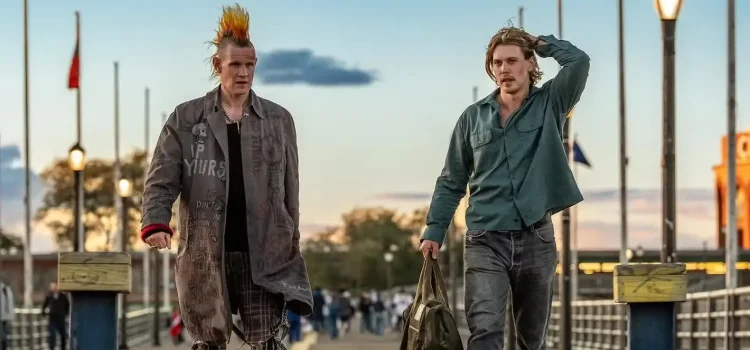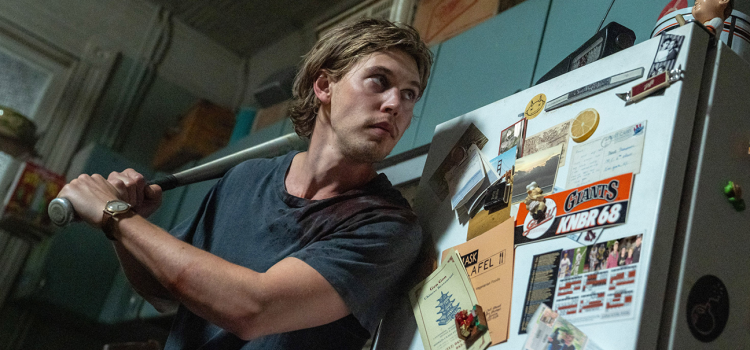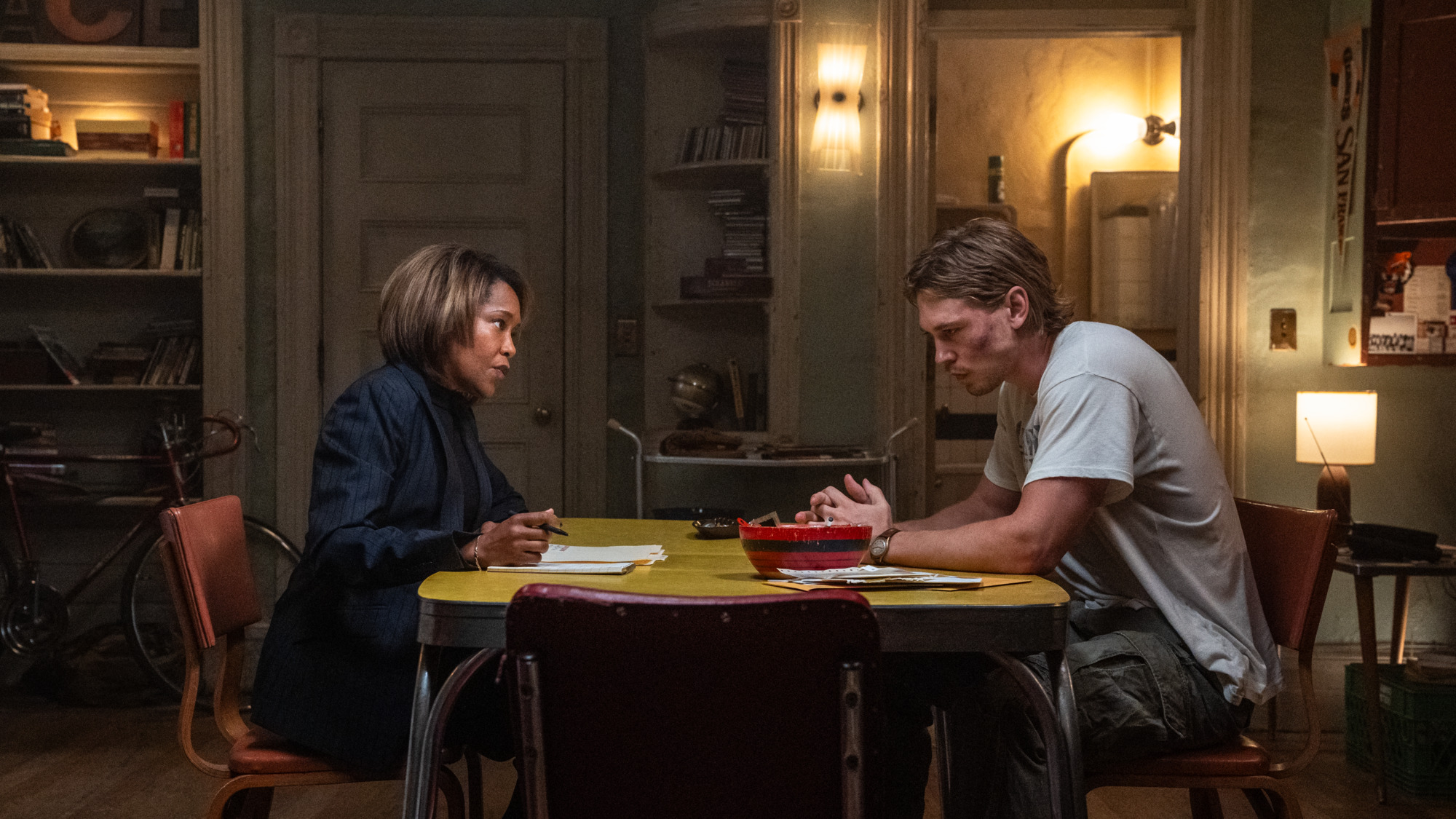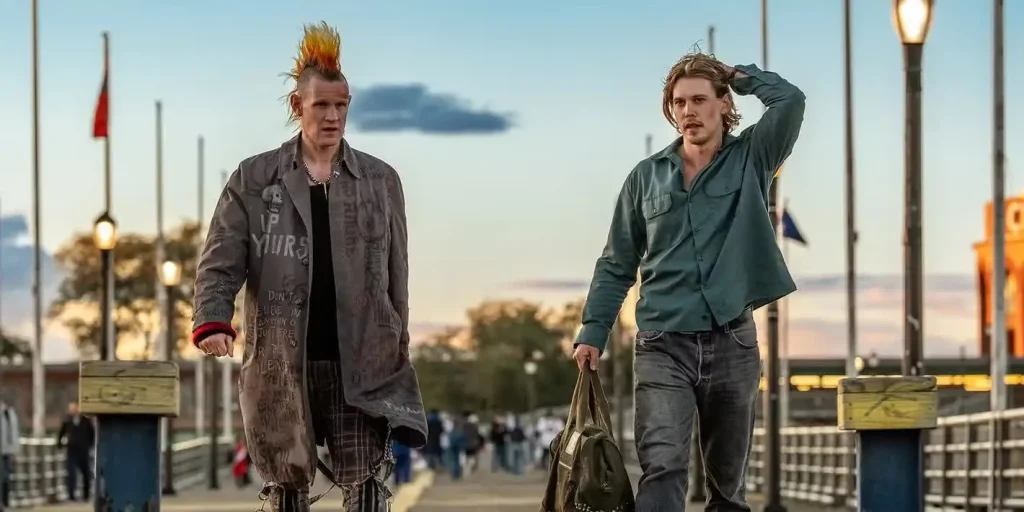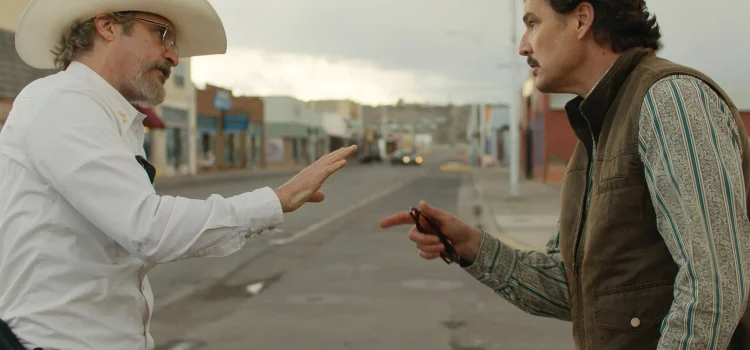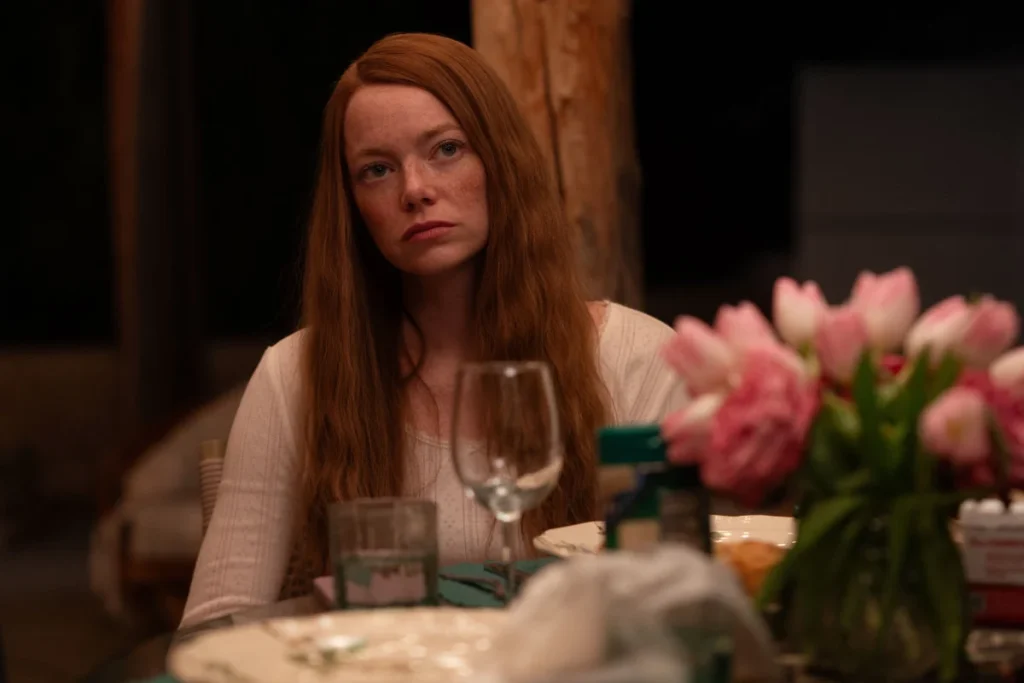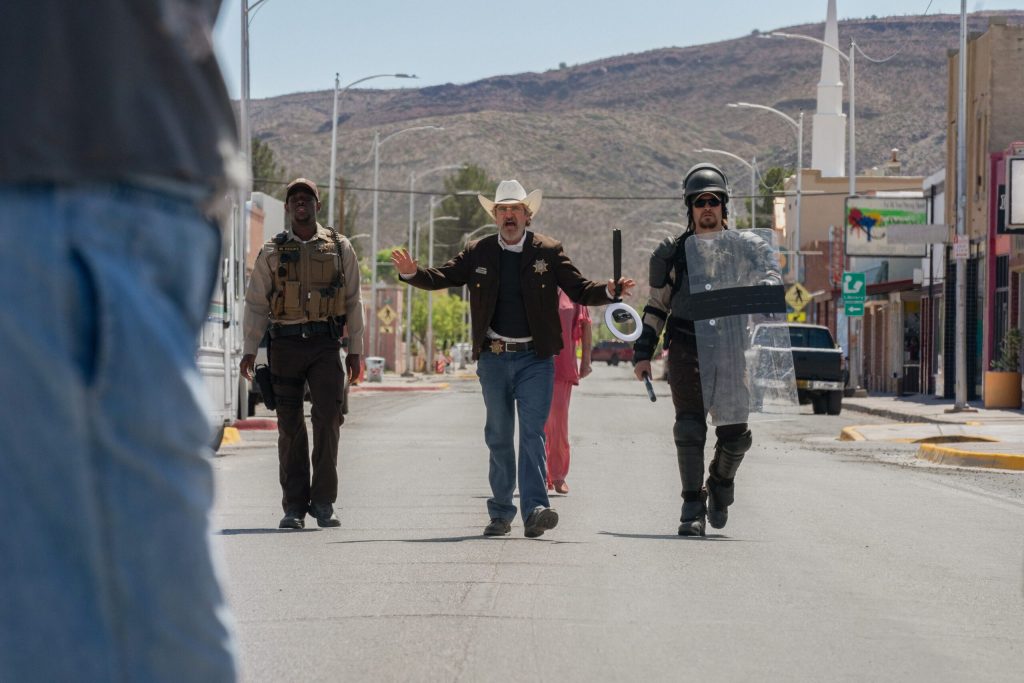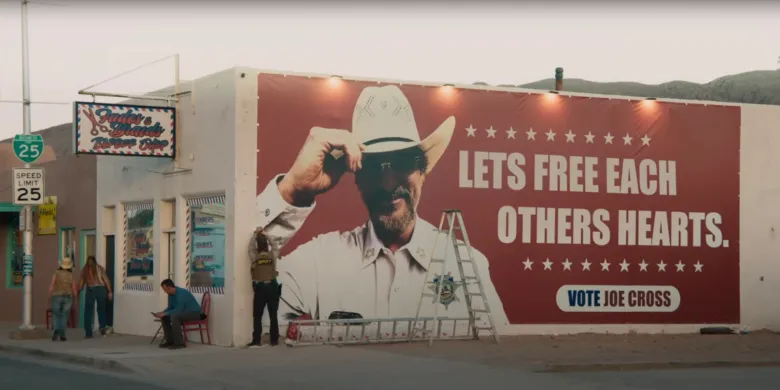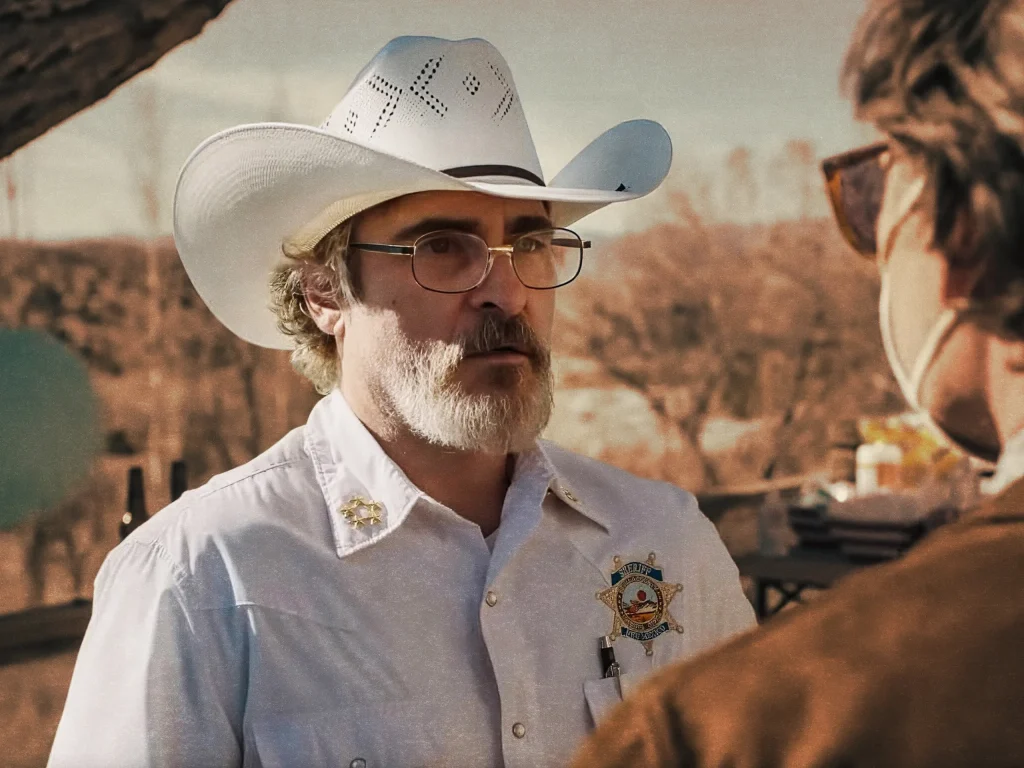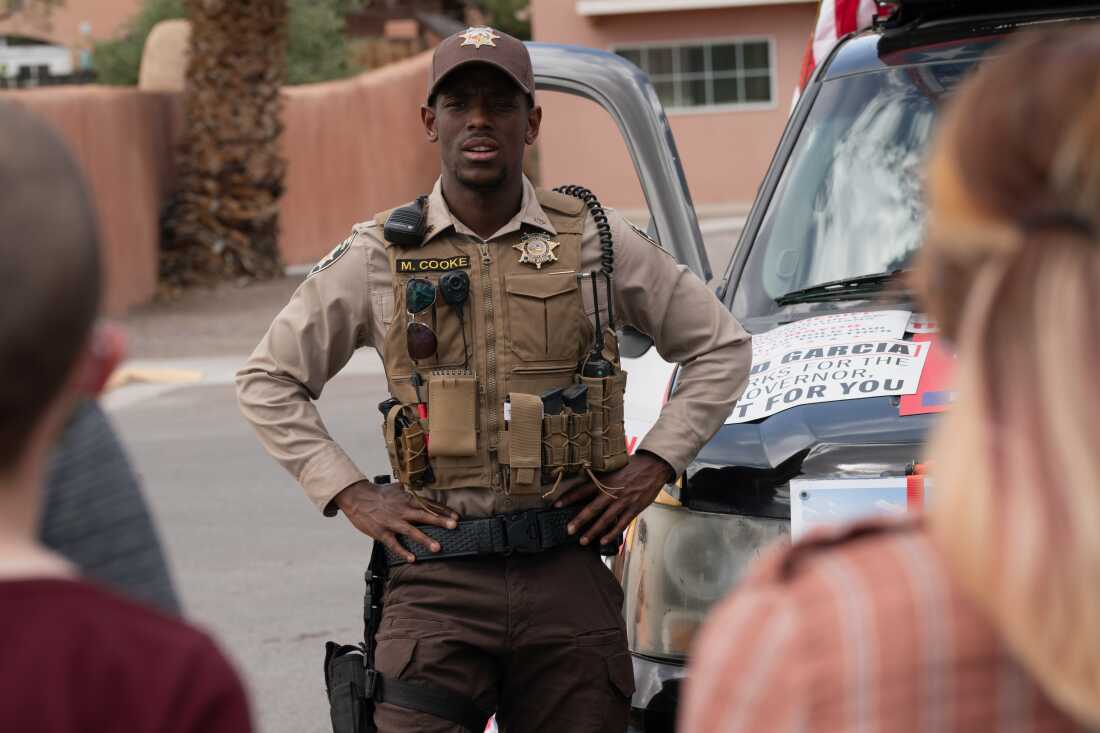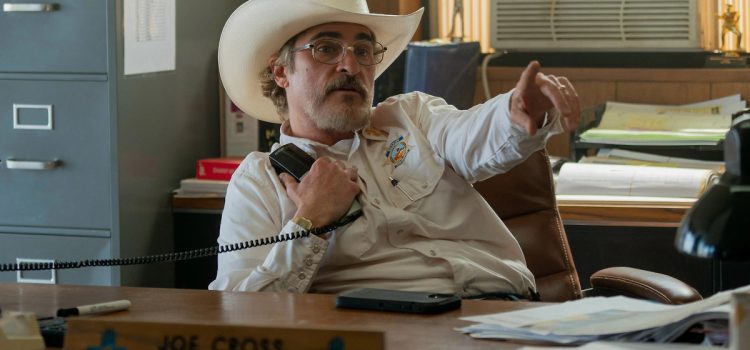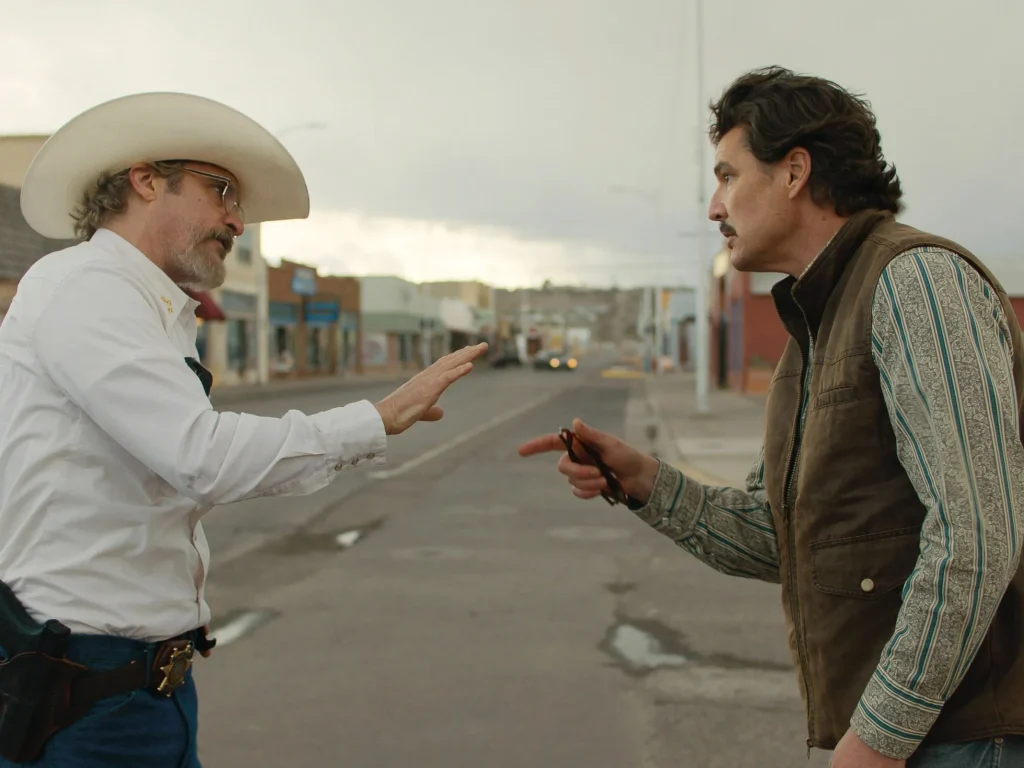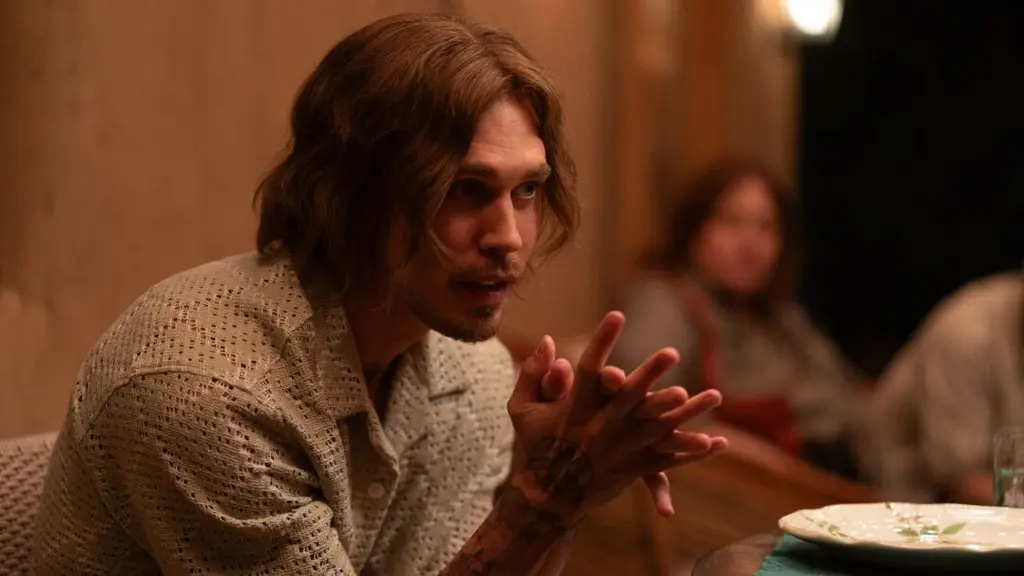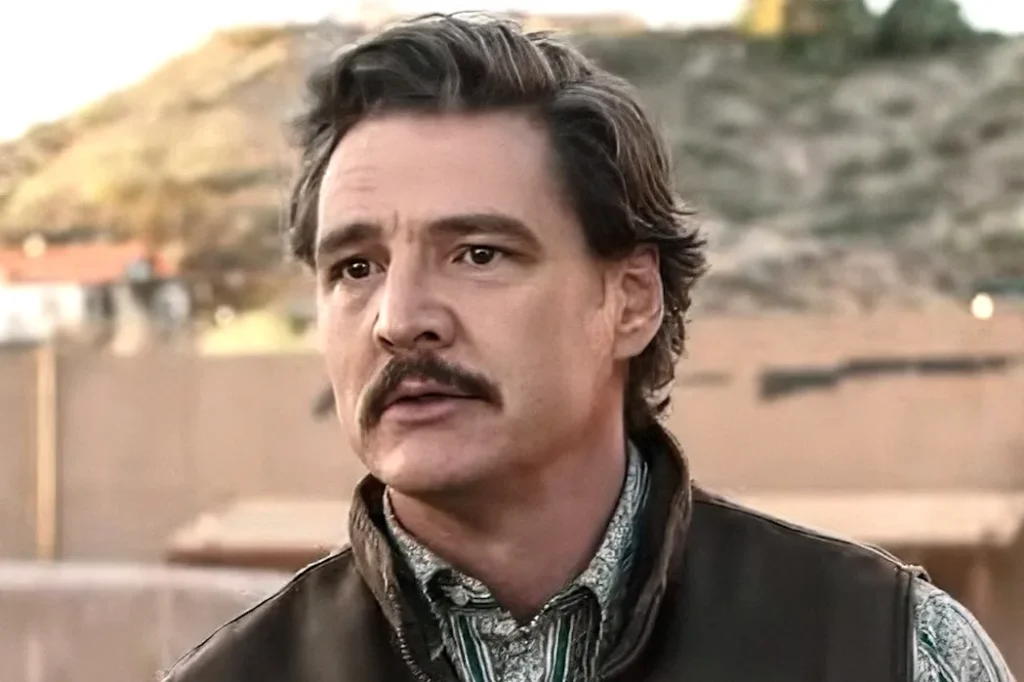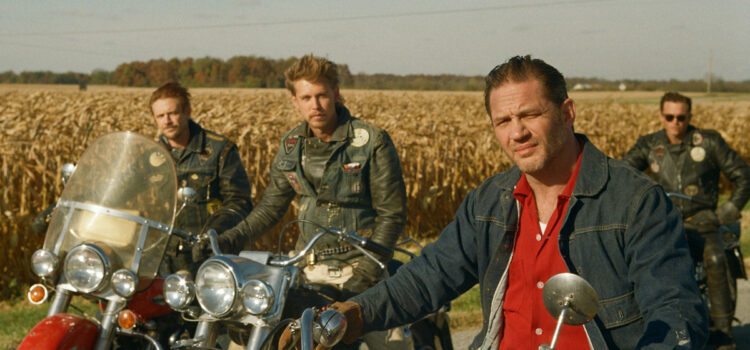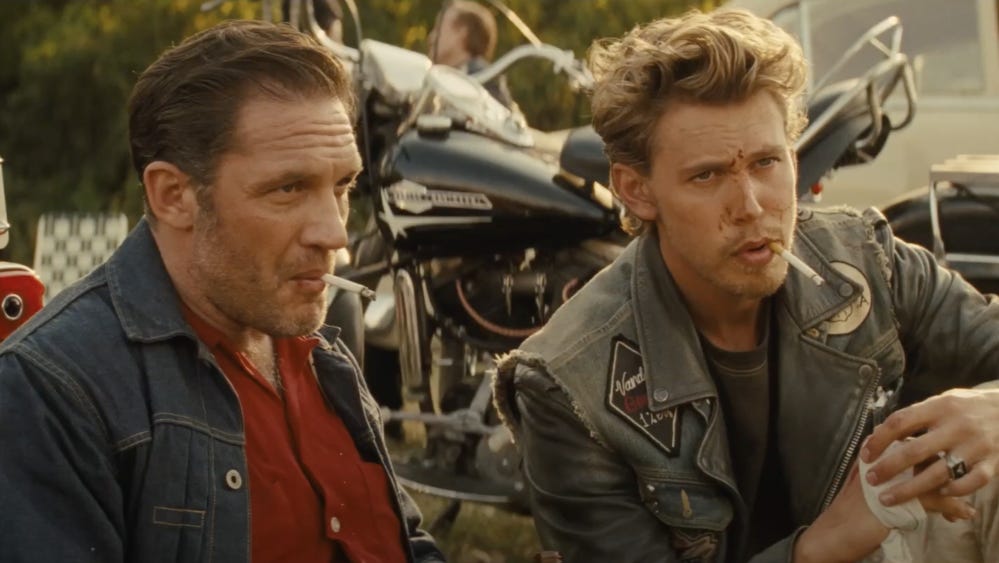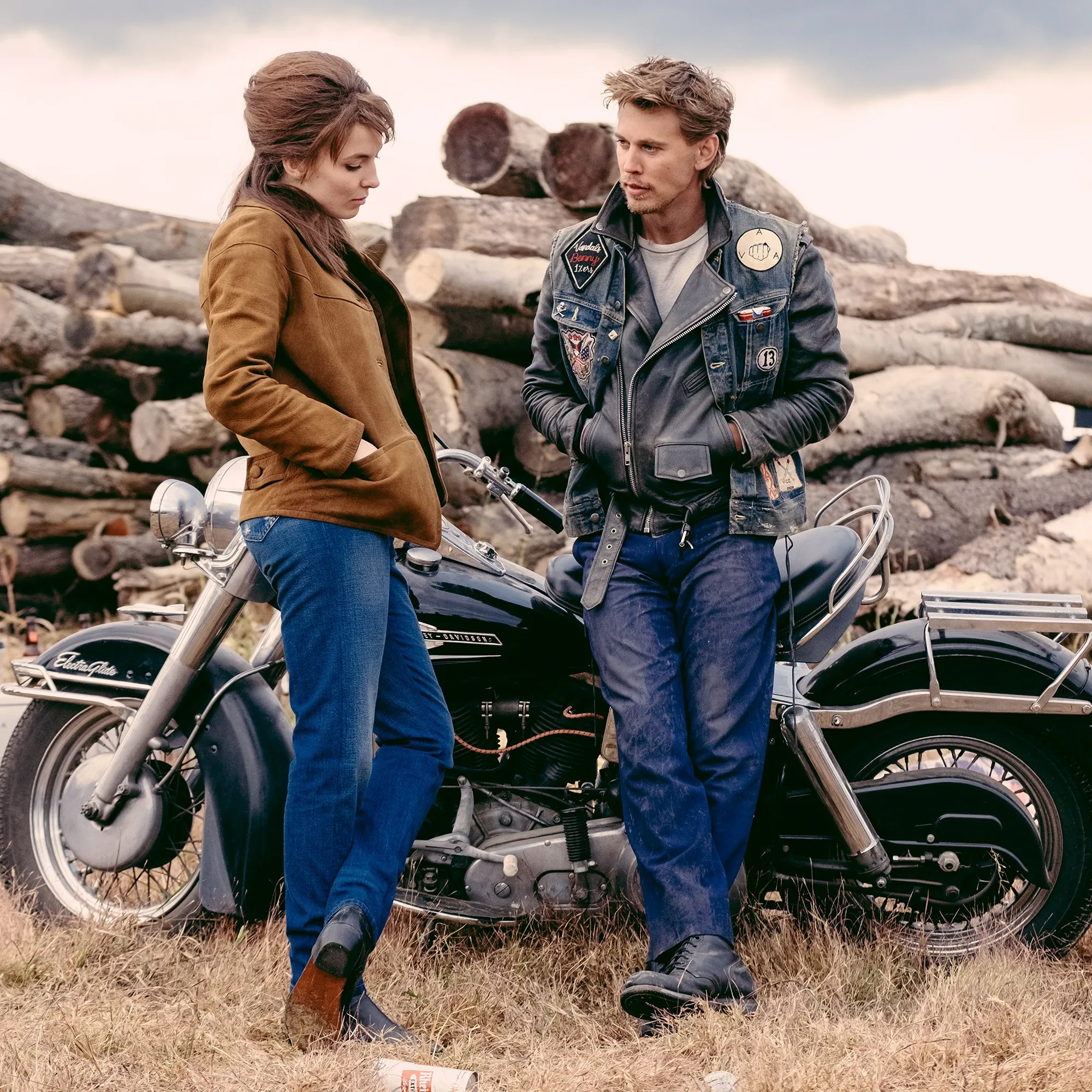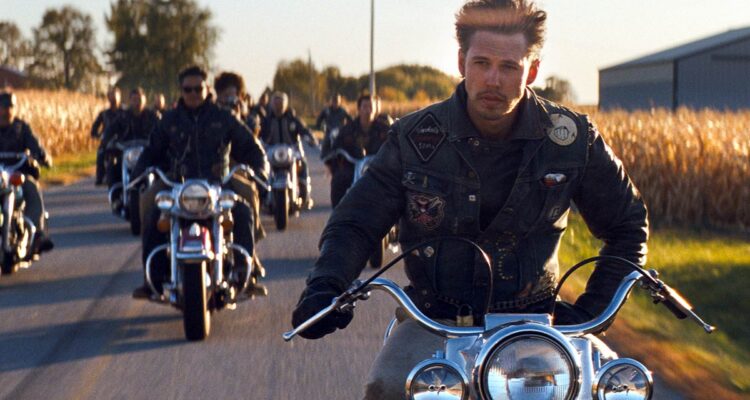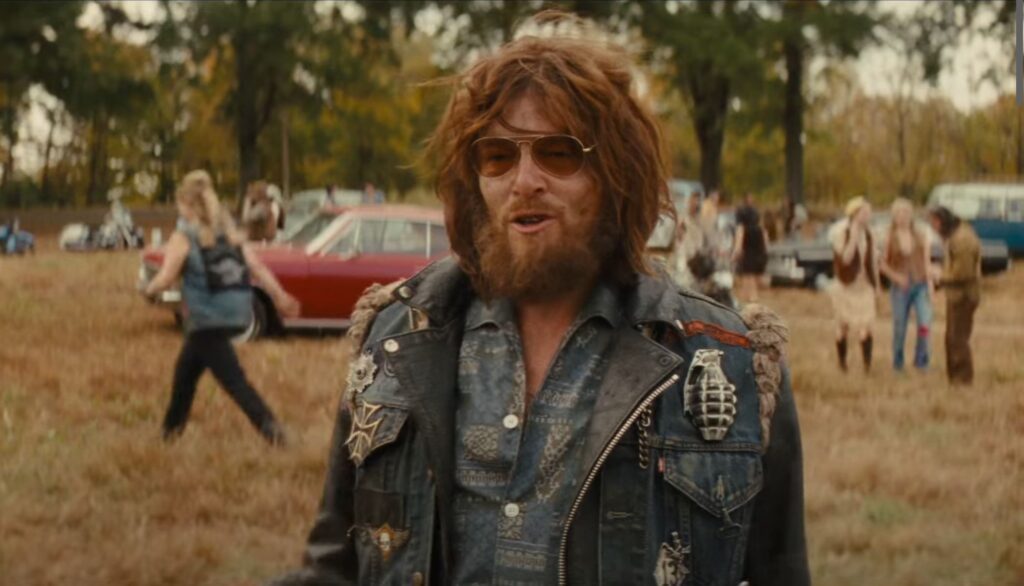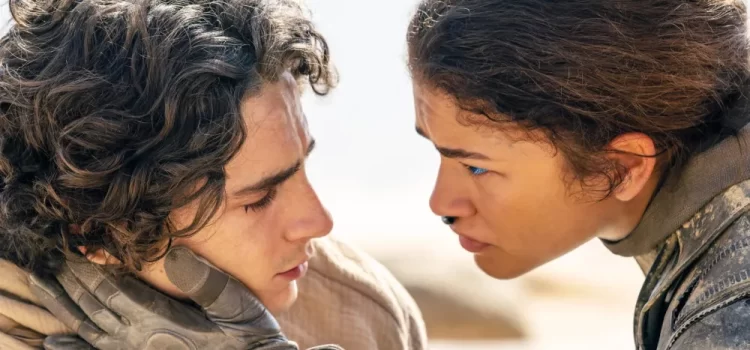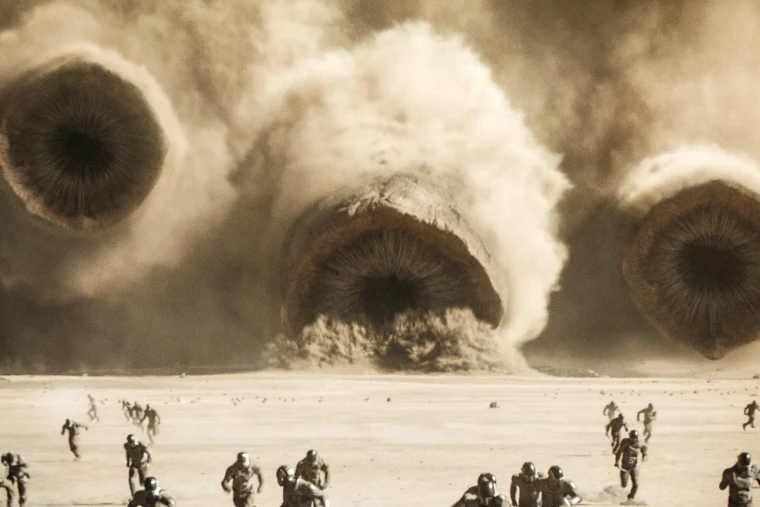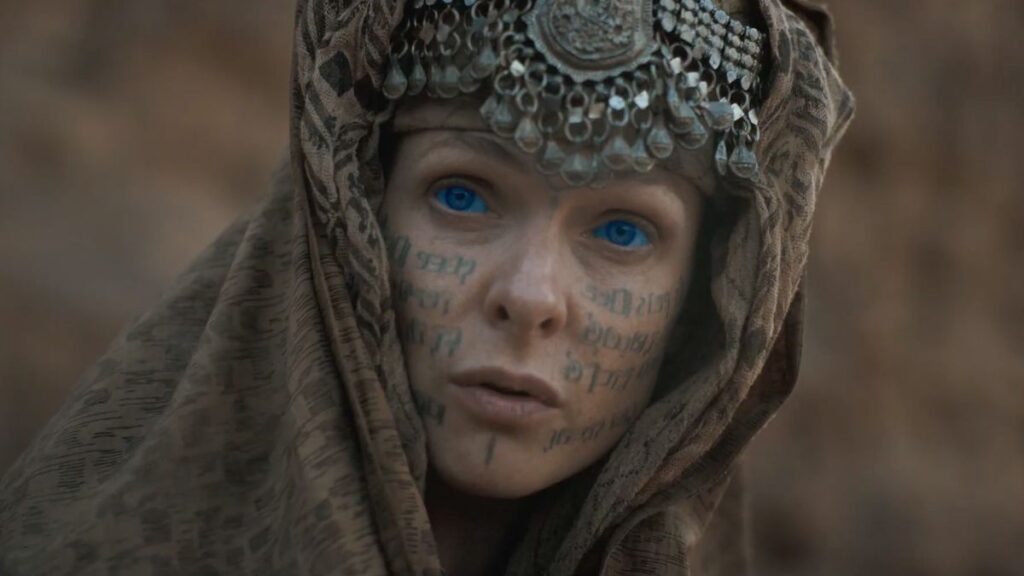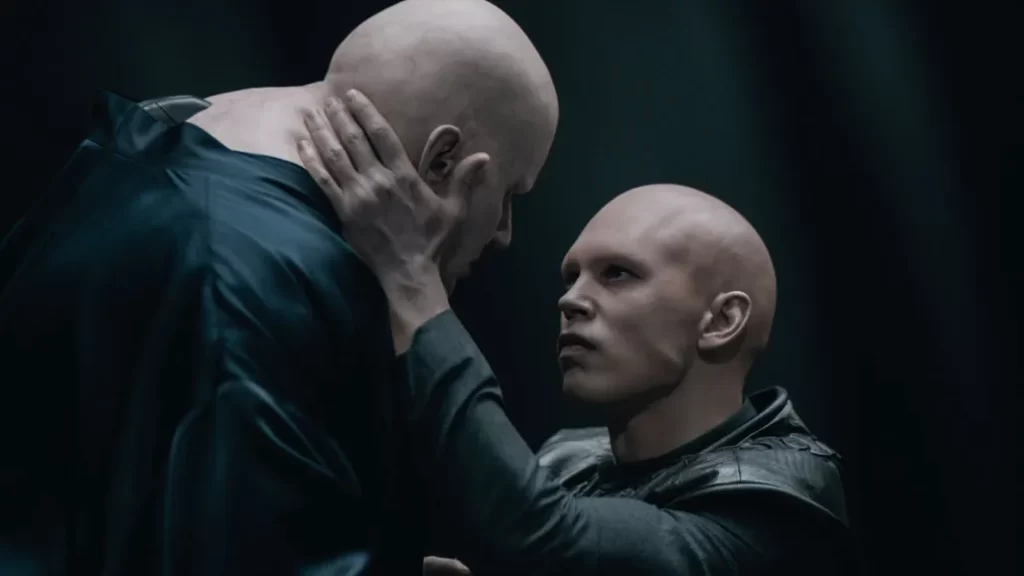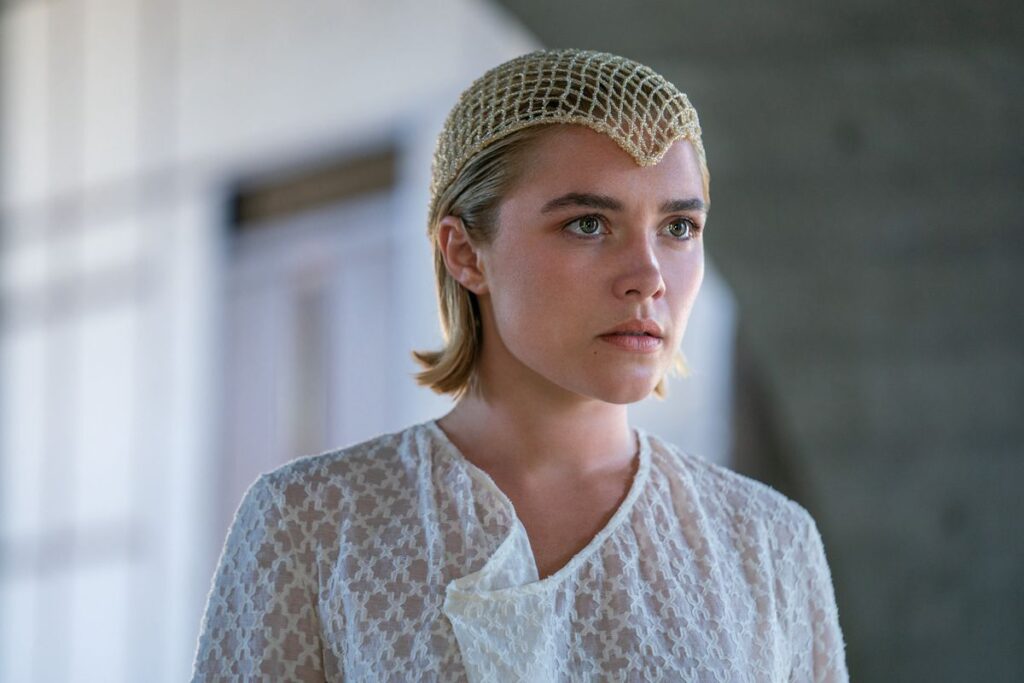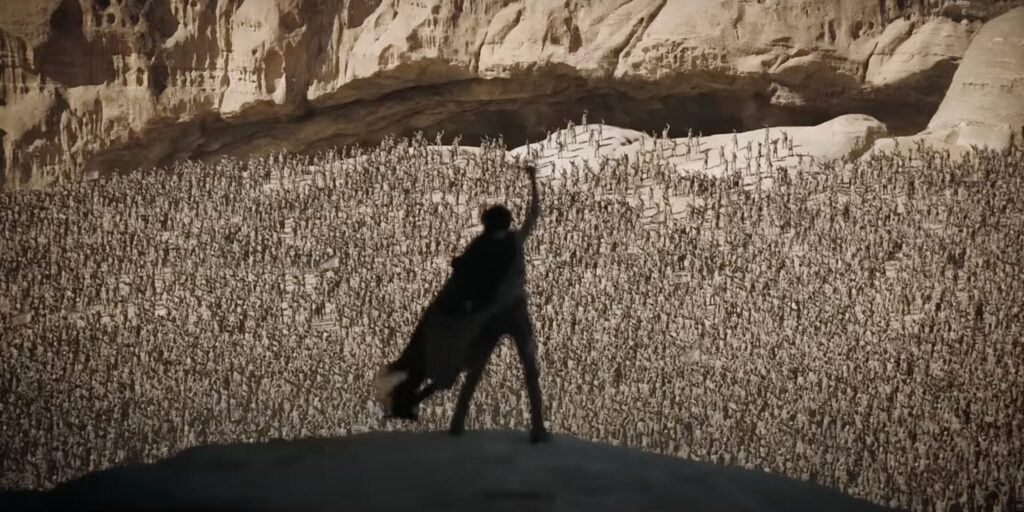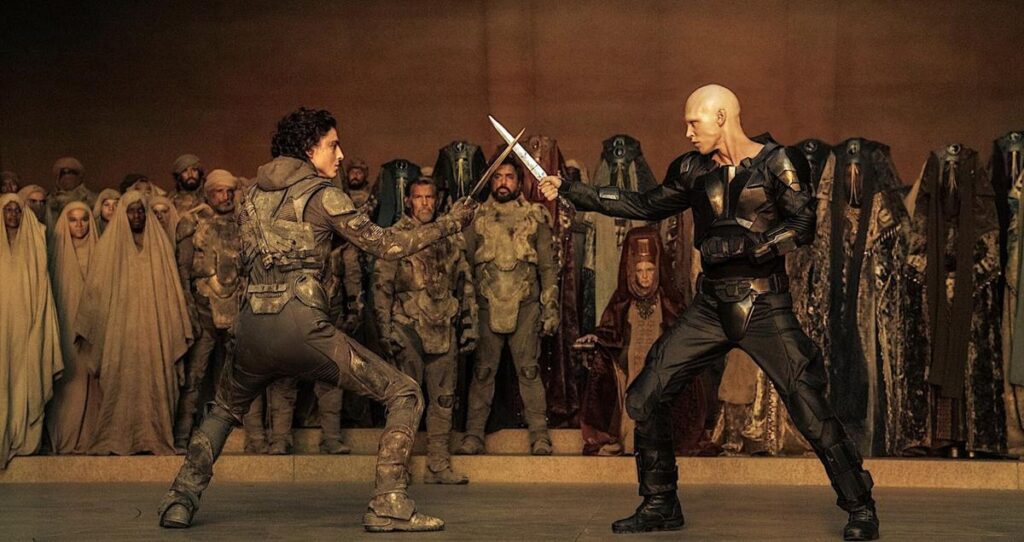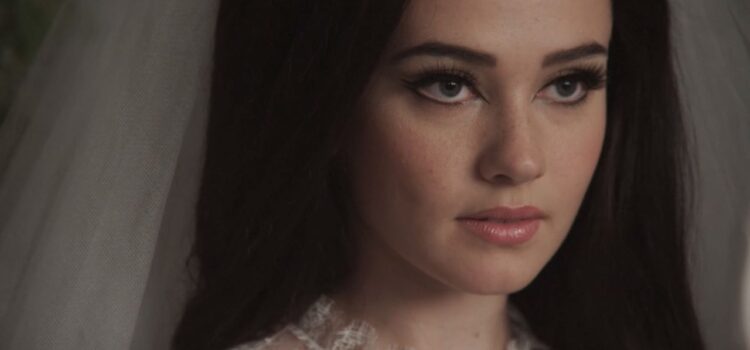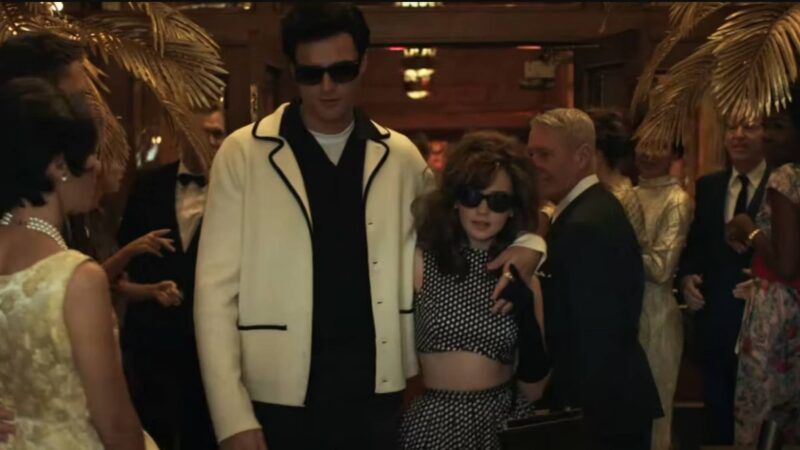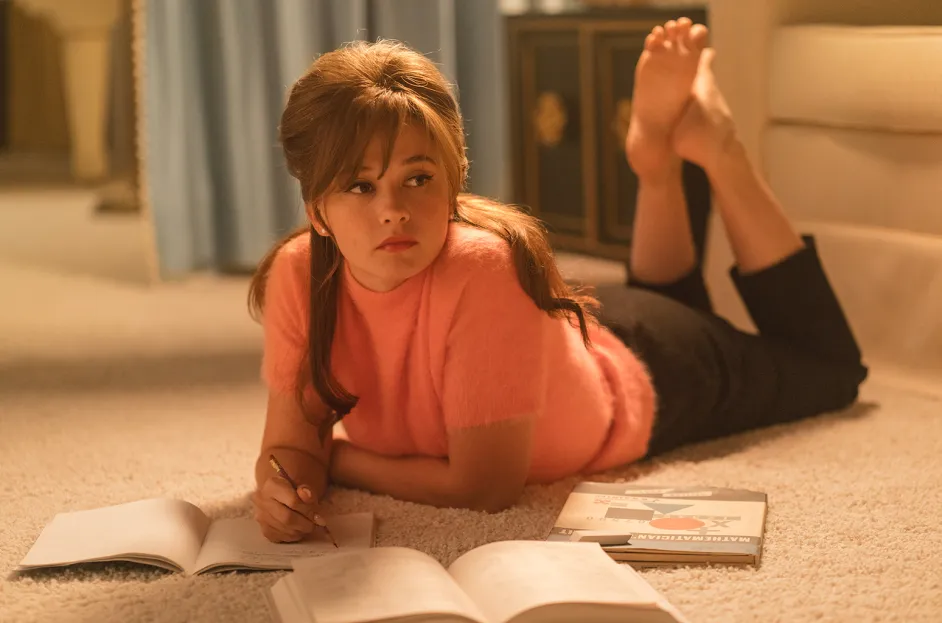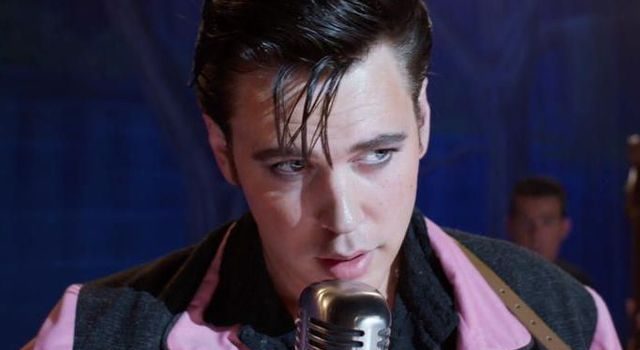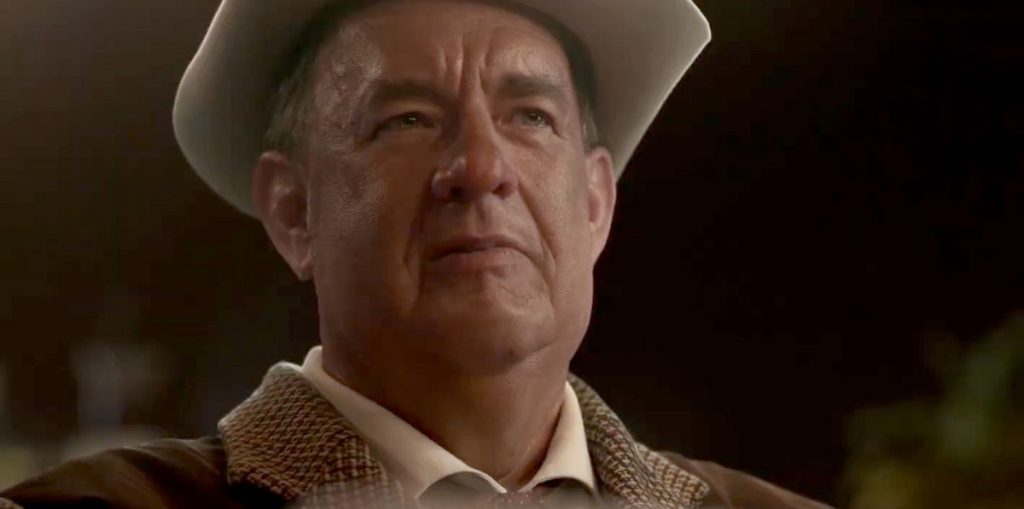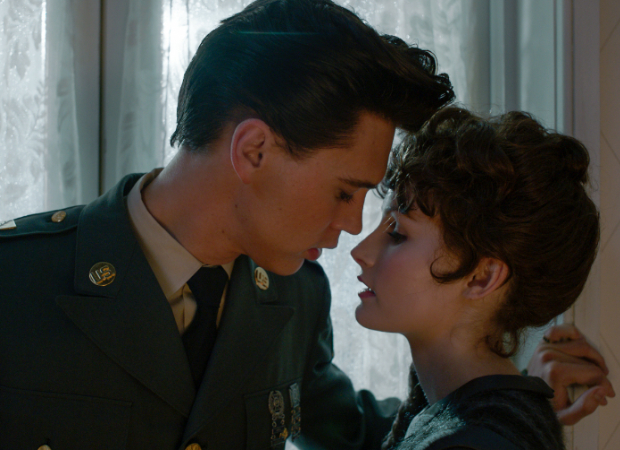By Alex McPherson
As it descends further into chaos, director Darren Aronofsky’s crime thriller “Caught Stealing” becomes increasingly muddled; it’s a grimy, mean-spirited film that’s effective in spurts but remains dazed by (literal) hit-or-miss sensibilities.
Based on the book of the same name by Charlie Huston (who also wrote the screenplay), “Caught Stealing” follows 20-something Hank Thompson (Austin Butler), an aimless, alcoholic man tending bar in New York City’s Lower East Side circa 1998.
Hank grew up in a small town in California hoping to become a major league baseball player. At one point years ago, he was close to achieving that dream — but the possibility was shattered when Hank was in a drunk driving accident that resulted in a career-ending knee injury and the death of his teammate.
Cool and sociable, but remaining wracked by a past that he’s too scared to address, Hank carries on well enough in the Big Apple, finding some purpose amid the eccentric clientele of his dive bar, his friends-with-benefits relationship with EMT Yvonne (Zoë Kravitz), and his continued passion for the San Francisco Giants.

Hank’s tenuous stability is threatened by his mohawked, punk-rock neighbor Russ (Matt Smith), who entrusts Hank with caring for his feisty cat, “Bud” (Tonic the Cat), while he visits his ailing father in London. Hank confronts two unhinged Russian mobsters trying to break into Russ’s apartment, and they insist that Russ gave Hank something they want.
Hank is subsequently beaten to a pulp, losing a kidney in the process, along with any hope of peace and safety. Turns out Russ is involved in some shady business with the Russian mob and, more troublingly, the cutthroat Hasidic Drucker brothers (Liev Schreiber and Vincent D’Onofrio), who — as sympathetic but shady narcotics detective Roman (Regina King) informs him — he does not want to encounter if he wants to make it out alive.
Thus begins a blood-soaked comedy of errors with a high body count, as Hank encounters various idiosyncratic people throughout NYC who could quickly end his life.
When the stakes are tragically raised and a large sum of money comes into the picture, Hank must stand up for himself and fight for those he cares about, in a nihilistic crime thriller that also finds room to be resolutely pro-cat in between the grisly violence and frequent bursts of smugly anarchic humor.
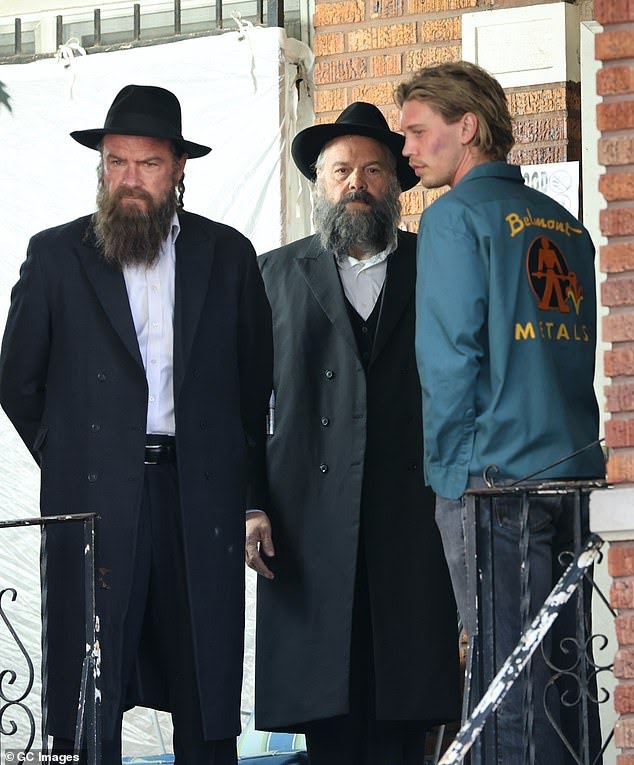
“Caught Stealing” represents a departure from Aronofsky, who previously directed such films as “Black Swan,” “Mother!,” and, most recently, the emotionally cruel “The Whale.”
This film, on the other hand, takes a more traditionally entertaining approach, albeit not shying away from brutal beatdowns, crossfire casualties, and traumatic flashbacks.
Aronofsky maintains a tongue-in-cheek tone throughout the carnage, whisking us along to new, high-stakes scenarios as Hank fumbles his way through an increasingly convoluted story that prioritizes momentum over depth, becoming a compulsively watchable crime genre pastiche with little actual meaning.
Fortunately, the film’s ensemble and tactile stylings lift it above the story’s limitations. Butler is a near-perfect lead here, bringing a swagger belying palpable hurt that lends pathos to a character whose traumas are hammered home with obvious force.
Aronofsky and cinematographer Matthew Libatique keep the camera close to Butler, his facial expressions highlighting Hank’s “evolution” in a richer way than the screenplay affords.
Butler’s raw physicality and vulnerability suit the character well, making Hank’s repeated near-death escapes and ability to withstand gratuitous punishment easier to buy into, if only just.
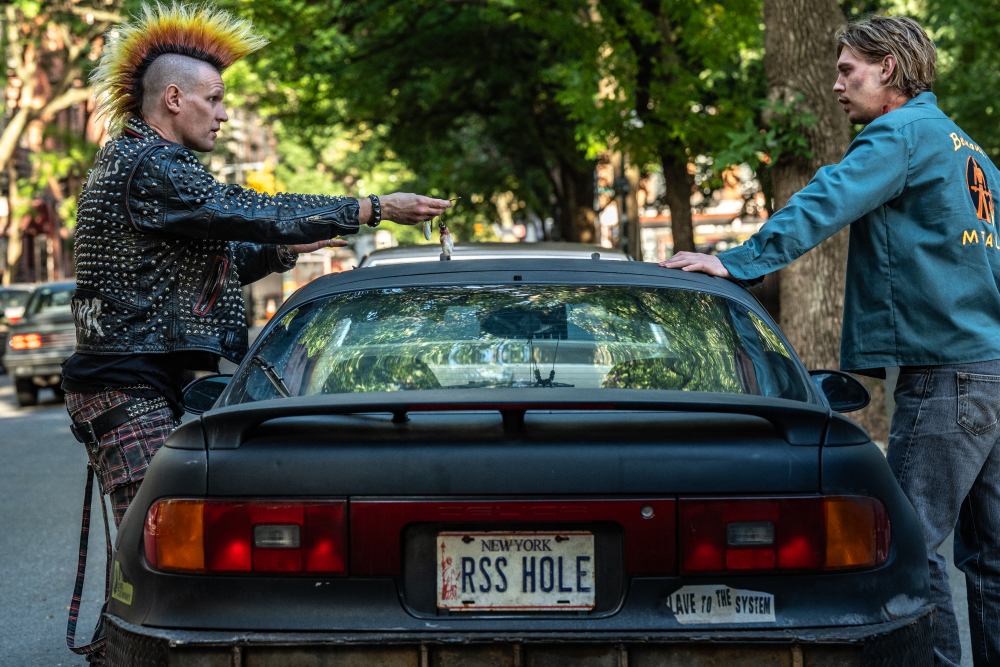
Butler and Kravitz also have red-hot chemistry, particularly in the beginning when Aronofsky lets us sit with these characters for a bit before things spiral out of control. Smith gets time to shine as the perpetually disoriented, live-wire Russ, who slings a near-constant stream of obscenities and has a rather jumpy trigger finger.
Other turns from King, rapper-turned-actor Bad Bunny, and, especially Schreiber and D’Onofrio (clearly relishing their roles) help keep energy high and the film intermittently amusing through its twists and turns.
“Caught Stealing” doesn’t have the patience to flesh out these characters organically, though; they’re fairly well-drawn but are quickly subsumed into the convoluted machinations of a plot that refuses to slow down once the first punch is thrown.
That’s not necessarily a negative — Aronofsky ensures the film always has some harsh spectacle waiting around the next corner, framed with a gnarly eye and complemented by production value that convincingly transports us back in time to the squalid city streets and dingy locales (although the setting is used more as a backdrop than a key part of the narrative).
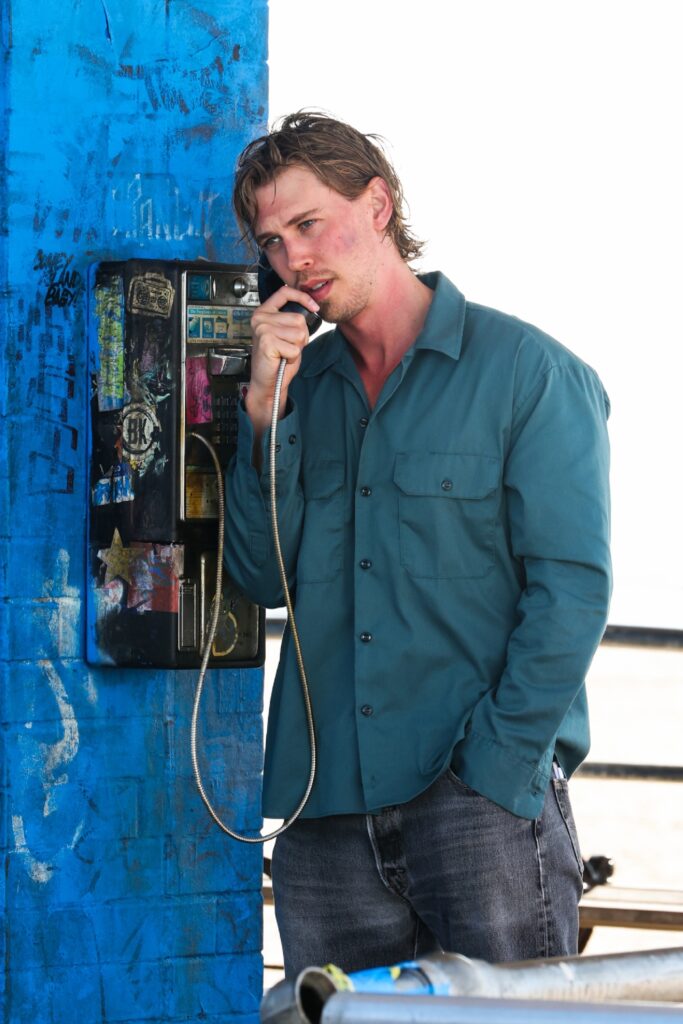
What the film can’t escape is a prevailing sense of pointlessness beyond in-the-moment thrills. “Caught Stealing” becomes rather generic by the end, neatly tying up its threads and rushing through a typically far-fetched climax.
For all its gruesome violence, self-satisfied humor, and sporadic moments of strange earnestness, Aronofsky’s film lacks a true “standout” element, eventually blending together and fading away once the credits roll (the credits are depicted with more eye-catching visual flair than most of the film itself).
But at least Aronofsky is trying something new, even if “Caught Stealing” is far from a clean getaway.
“Caught Stealing” is a 2025 darkly comedic action thriller directed by Darren Aronofsky and starring Austin Butler, Regina King, Zoë Kravitz, Matt Smith, Liev Schreiber, Vincent D’Onofrio, Benito Martínez Ocasio, Griffin Dunne and Carol Kane. It’s rated R for strong violent content, pervasive language, some sexuality/nudity and brief drug use, and the run time is 1 hour, 47 minutes. It opens in theatres on Aug. 29.Alex’s Grade: C+
Alex McPherson is an unabashed pop culture nerd and a member of the St. Louis Film Critics Association.

